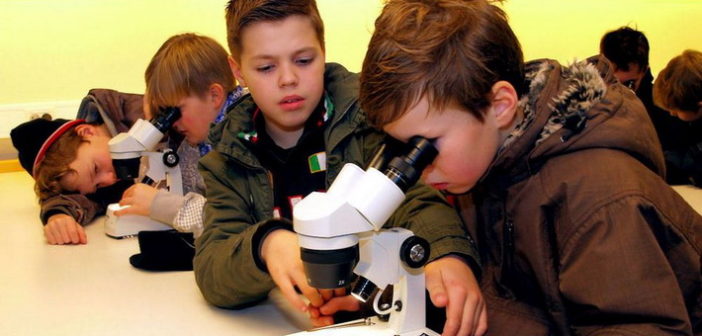In previous posts, the topic of Intellectual Curiosity has been mentioned and there is no question this is one of the areas most people may be confused about when it comes to the intricacies of thinking how to effectively engage the breadth of what this may mean.
There are many ways of defining Intellectual Curiosity but for the purposes of this article, let’s talk about how to go above and beyond the academic perspective. There is no question that what happens in the classroom is engaging and pertinent. But all too often students see the assignments, lectures, and projects as the sole way to engage their interests. More importantly, students often think that what happens in the classroom and associated work as enough.
But those who are truly fascinated with learning dig deeper. They read journals, magazines, and research or white papers on topics raised in class to further extend the information presented. As an example, students in Physics may explore and become interested in Astronomy or research Elon Musk’s creative endeavors related to Mars or driver-less cars. While a cursory exploration may be satisfying, the true explorer will go even deeper to understand the physics, math, and related topics to not only understand but also use this information to test their own theories and perhaps experiments.
There are certain curricula that allow for this level of investigation – the IB Extended Essay is a direct opportunity for students to engage their interests in fascinating ways while exploring and researching a topic above and beyond their coursework. As well, the Group 4 Project provides the opportunity for multidisciplinary exploration. Others may have the opportunity in other ways to take on new and different interests or expand on their learning by reading above and beyond the texts or lectures assigned for class.
For those without the opportunity within their school, Pioneer Academics offers the opportunity for students to work with a university professor to design and work on a research topic in a variety of fields, depending on the professor’s expertise.
While the prospect of working with a professor may be daunting, other students may branch out to bring new activities to their school. One such project might be introducing Robotics in the form of a club or activity. Robotics brings in STEM activities from science and technology, coding and design. Some schools are taking on building an electric car from a kit, engaging all facts of engineering and project development, culminating in the Formula 24 Race Car British Motorsport Festival.
The ultimate challenge is, perhaps, the Intel International Science and Engineering Fair (ISEF), which has a long history and has developed a strong presence in China. As a progressive process students and/or their teams move from regional to national and finally to the US. Millions of students worldwide start in the process and, eventually, over 1,700 students, from 75 different countries, present their independent research compete for the final prize with significant accolades and award money for the winners.
Intellectual curiosity, however, is not just about science. It includes literature, humanities, and math as well. Whether it is writing a novel or pursuing community service, one of the main facets of intellectual curiosity is to explore and grasp the tentacles of the learning process to make sense. Students who begin to understand the interrelatedness of subjects, and the multidisciplinary components of learning, are students who will propel their learning forward.
Many students have little idea of what they like or what their future may hold. Engaging in projects as exampled above provide unique opportunities. But the best activities may not be those that are already organized, but from personal inspiration and grit. As an aside, students may want to take personality and career tests to understand their innate strengths to help further develop them or to tackle building on their weaknesses. As previously mentioned. Morrisby Careers Guidance and others similar like Do What You Are or Myers Briggs highlight careers based on personality traits.
All too often students settle for the minimum in their education, focusing on the end result. Learning is a process not an end for those truly curious to learn, engage, and grow. So, go above and beyond. Think creatively, and don’t settle for a standard education, but push your learning to new boundaries.
Photo: i.amz.mshcdn.com




